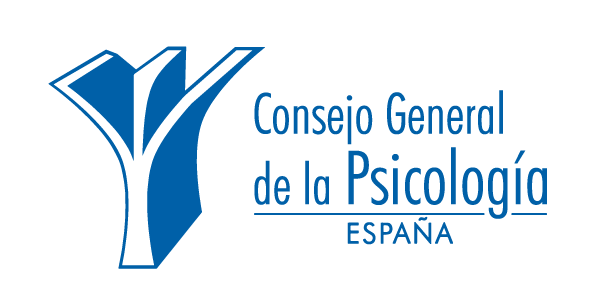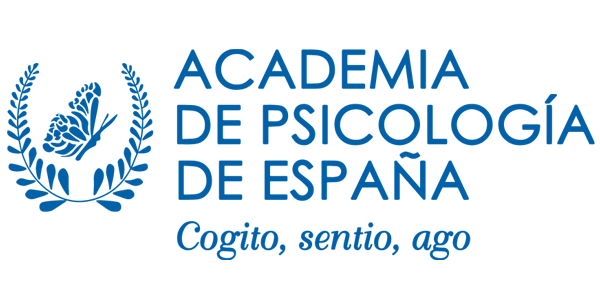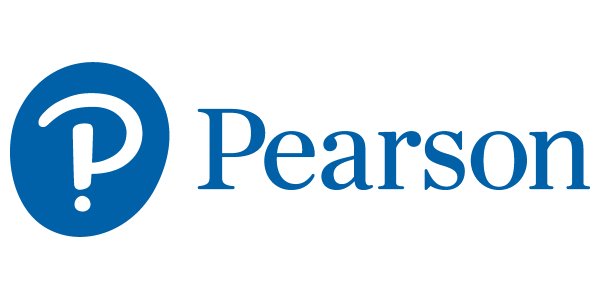Developmental Assessment – Lessons learned during the Covid-19 Pandemic
The Covid-19 pandemic changed the way many clinicians had to approach and carry out developmental assessments. A comprehensive developmental assessment involves collating multi-sources of information about the young infant or child from familiar people from a variety of settings. In this way, clinicians start to draw up a picture of the child, their likes and dislikes, their strengths, and weaker areas. However, one-to-one engagement with the child, direct observation, and face-to-face testing are all considered necessary to gain important information directly from the child. Griffiths III is a comprehensive, child-friendly measure that assesses five domains of learning and is traditionally administered to individual children from birth to 6 years. TheCovid-19 pandemic meant clinicians could not assess children in the usual face-to-face manner. Clinicians around the world, trained in the use of Griffiths III, had to come up with innovative ways to carry out their assessments. Griffiths III also requires theoretical and practical training in its administration to ensure validity and reliability for accurate results and interpretation. Training in its use was significantly curtailed during the pandemic. Tutors of Griffiths III around the world had to devise ways to meet the demand for training that ensured those who administer the test would do so in the required standardized and reliable format.

Hilary Lane
The Association for Research in Infant and Child Development, (ARICD), United Kingdom
Hilary Lane is a Chartered Psychologist and Associate Fellow of the Psychological Society of Ireland. She is a member of the Association for Research in Infant and Child Development which is based in the UK. She worked for many years as Principal Psychologist and Clinical Lead for early intervention in a centre for children with neurological and complex needs.
Hilary is a co-author of the Griffiths III (Griffiths Scale of Child Development – 3rd Edition, 2016) which is a comprehensive developmental measure used worldwide to assess the strengths and needs of infants and young children. Her interests include fair and accurate evaluation of each child’s needs; intervention informed by individual assessment and the early development of a child’s emerging skills particularly in the areas of social and emotional development.
Organiza
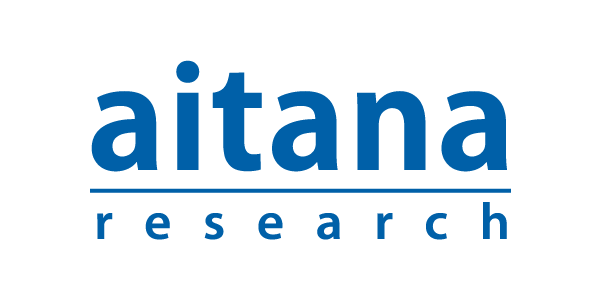
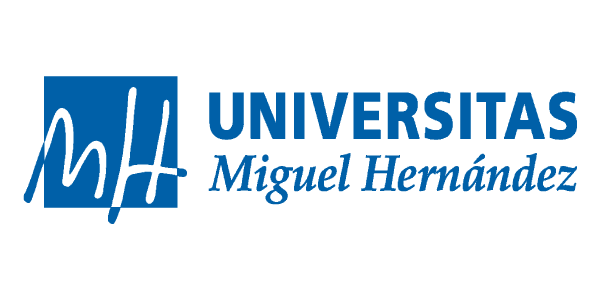
Patrocina
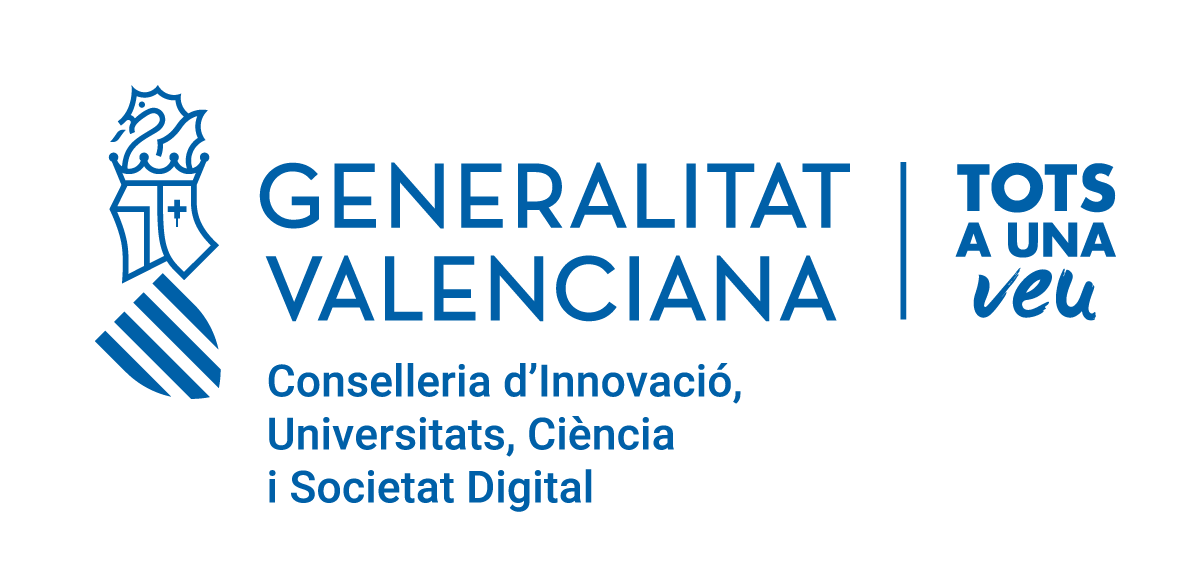
Con el apoyo de
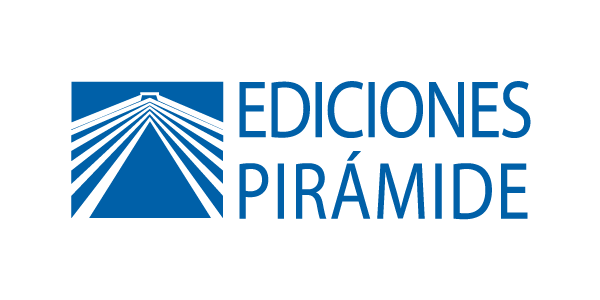
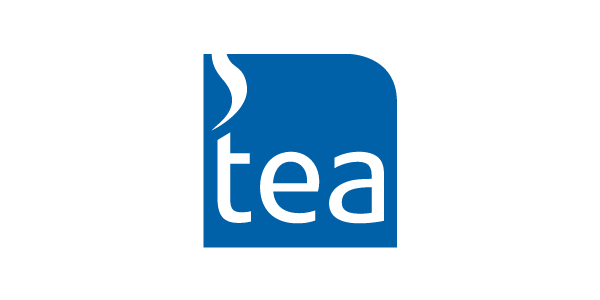
![8CIPCNA-adaptaciones-[Recuperado]](https://www.aitanacongress.com/2022/wp-content/uploads/8CIPCNA-adaptaciones-Recuperado.png)
